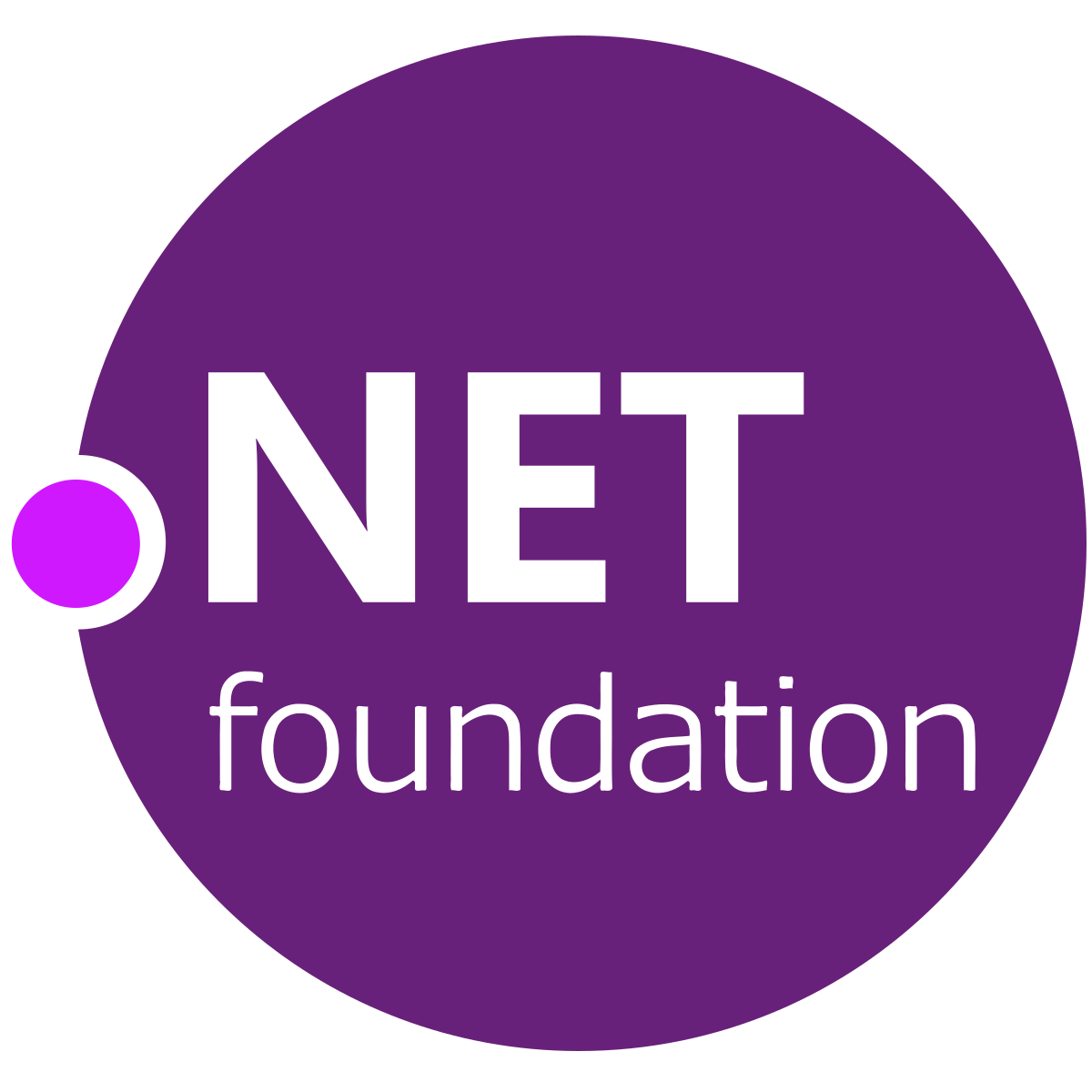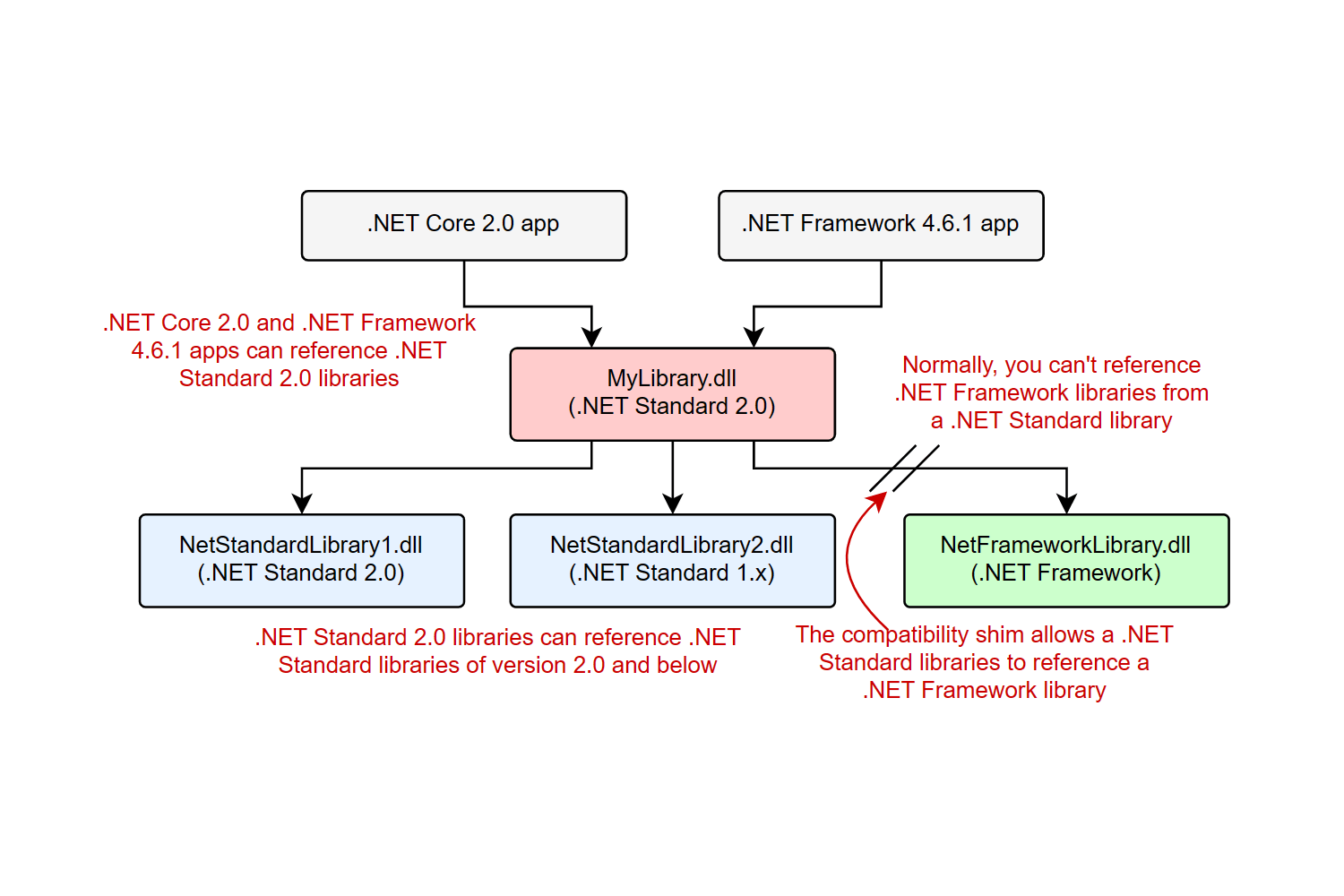.NET Development - What It Is And Why It Matters
Have you ever felt a bit puzzled when job descriptions mention ".NET development" after you've spent time learning Java or C++ in college? It's a pretty common feeling, actually. Many folks come from a background where they've explored various programming ways, and then suddenly, this specific requirement pops up, leaving them wondering what exactly it means. You might even go looking online, just like some people do, and find out it's connected to a development system from Microsoft. It can feel like a new piece of the puzzle you didn't quite expect to find.
This whole area of ".NET" can seem a little bit broad at first glance, and that's because it has quite a history to it. When it first came out, way back in 2002, it was presented as a big brand name, you know, a sort of umbrella term. Under that brand, there were a lot of different offerings, not just one specific item. So, if you heard about .NET back then, it could have been referring to a number of related things all at once, which makes a lot of sense when you think about it.
Over the years, what .NET stands for has changed quite a bit. It isn't really just a brand anymore, but something more fundamental, something that has evolved into a key part of how many computer programs are built today. It's like how a company might start with one idea, and then that idea grows and changes into something much bigger and more specific over time, becoming less about the name and more about the actual things it helps create. So, it's pretty interesting to see how things have shifted.
Table of Contents
- What Is .NET Development Really About?
- How Did .NET Begin and Change?
- What Does .NET Framework Mean for Us?
- What Makes .NET Core Different from .NET Framework?
- Exploring .NET User Interfaces
- Why Do Some Big Companies Seem to Pass on .NET?
- Is C# a Good Choice for .NET Developers?
- What Are the Benefits of Using .NET Frameworks Like ABP?
- What About .NET Domain Names?
- Speed Differences with .NET and .CN Websites
What Is .NET Development Really About?
So, you've studied different programming ways, perhaps Java or C++, at college, and then, you know, when it comes time to look for a job, a lot of businesses ask for a background in .NET development. This can be a little confusing, as a matter of fact. People often go online to search for what it means and find out it's a kind of building system from Microsoft. It's about making computer programs using this particular way, which is a bit different from some other methods you might have learned. It means creating software that can run on systems that use this specific setup, perhaps for business tools or other kinds of applications.
How Did .NET Begin and Change?
.NET first appeared in 2002, and back then, it was put out there as a brand name, basically. When it was introduced, there were several offerings under this .NET brand, not just one particular item. It was more of a collection, you could say. But as time has gone on, and things have moved forward, .NET is no longer just a brand. It has, in a way, become something else entirely. It has moved beyond being just a label to being a foundational part of software creation, which is quite a shift in how it's seen and used.
What Does .NET Framework Mean for Us?
When people talk about the .NET Framework, they are often referring to some core ideas that make up something called the Common Language Runtime, or CLR. This includes things like program parts called assemblies, how memory is managed automatically with something known as Garbage Collection, and isolated areas for programs called AppDomains. These concepts, you know, they really refer to the CLR that is part of the .NET Framework. It's the underlying engine that allows programs written using .NET to actually run and do what they are supposed to do, providing a common environment for different pieces of software.
- Subhashree Sahu New Viral Video
- Honeytoon Teach Me First Free
- Cal Raleigh Gf
- Amber Rose Current Boyfriend
- Milaruby Reddit
What Makes .NET Core Different from .NET Framework?
.NET Core is a newer system that was built by taking good ideas and strong features from the older .NET Framework. It's a completely new build, you know. Because of this, its size is much smaller compared to the .NET Framework. This newer version can also work on many different kinds of computer systems, not just Windows. While older parts like Windows Forms and Windows Presentation Foundation, often called WPF, are still used for making programs that run on Windows, .NET Core brings a lot of flexibility for other places. It's like a more streamlined version, really, that can go more places.
Exploring .NET User Interfaces
There are different ways to build the visual parts of programs using .NET. For example, Avalonia UI is a system that lets you create user interfaces that work on different operating systems, not just Windows. It uses a method called WPF XAML as its base, so it has that familiar structure, but it extends it to work on various computer systems, including Windows itself, with both .NET Framework and .NET Core. Then there is NanUI, which is an open-source tool for making Windows programs. It lets people use web technologies like HTML5 and CSS3 to design the look and feel of their Windows applications. So, you can see, there are quite a few options for how programs look and feel, even within the .NET family.
Why Do Some Big Companies Seem to Pass on .NET?
It's interesting to consider why .NET Core, even though it can work on many different computer systems, seems to be less used by some of the very big internet companies, especially in places like China. Many of these larger companies might start with .NET, but then, you know, as they grow bigger, they often switch over to Java. There's also a common idea that the pay for .NET developers is generally less than for Java developers. It’s a question many people have, why this happens, given the capabilities of .NET. It seems there are different factors at play in how large organizations choose their main development tools, and sometimes, it's not just about what the technology can do.
Is C# a Good Choice for .NET Developers?
I, for one, would really like to lead a DotNet team in Guangzhou. It's just that, you know, the chance hasn't come up yet. Some co-workers have mentioned that writing code in C# might lead to people looking down on you, but honestly, I truly don't care about that. For me, the main things are that I enjoy what I do, and I deliver good value for the people paying for the work. The whole point, in a way, is to make sure that the people who are writing the actual business logic can do their coding happily. And when I see that, it makes me happy too. So, for some, the joy of the work and the value it brings are more important than outside opinions.
What Are the Benefits of Using .NET Frameworks Like ABP?
When you look at systems like ABP, from its earlier versions to ABP vNext, there are two really clear good points that stand out, in my opinion. One is that it brought in something called Domain-Driven Design, or DDD. This introduced a new way of thinking about how to plan and build programs. Now, this particular idea might be seen differently by different people; some might feel it's not really needed, but it does offer a fresh perspective on organization. The other very good point is its way of handling separate pieces or modules. This modular system makes things much tidier. As for some of the parts being repackaged, that’s also part of how it helps keep things neat and manageable, so it's quite a thoughtful approach to structure.
What About .NET Domain Names?
When you see things like .com, .cn, .com.cn, or .net after a website address, you might wonder what the differences are. These are all parts of the web address that tell you something about the site. The .cn and .com.cn endings are for websites based in China, you know, they are top-level addresses specific to that country. On the other hand, .com and .net are used internationally. The .com ending, for example, comes from "commercial" and usually means a business website. The .net ending, by the way, often stands for "network" and was originally for organizations involved in network technologies, but now it's used more broadly. So, each one gives a little hint about the website's origin or purpose.
Speed Differences with .NET and .CN Websites
Sometimes, you might notice that when you check internet speed using two different websites, like speedtest.net and speedtest.cn, the results can be quite different. For instance, in one situation, parents living in the same neighborhood and using the same internet provider, like Unicom, had a 200-megabit connection. When they checked their speed on both the .cn and .net speed test sites, they got readings of over 200 megabits. But then, for someone else in the same situation, with a 500-megabit connection, the speeds might vary a lot between the two sites. It raises a question about why these differences occur, even when the internet setup is quite similar. It's something that can make you scratch your head a little, wondering about the technical reasons behind such varied measurements.
- Aditimistrynude
- Niki Minhaj Is Onlyfans And Singer
- Did Celine Dion Won A Grammy
- Subhasree Sahu Video
- How Do You Make Yourself Queef

Premium Online Video Courses and eBooks - Tutorialspoint

.Net PNG | PNG Mart

What Is The Difference Between Net Core Framework Standard - Infoupdate.org